Legal Drinking Age in Alberta: Know the Facts
My name is Emily, and today I want to talk about the legal drinking age in Alberta. It’s important to know the facts about this topic, as it affects the choices we make regarding alcohol consumption. So, let’s dive in!
In Alberta, the legal drinking age is 18 years old. This means that individuals who are 18 or older can legally purchase and consume alcohol. It’s interesting to note that the legal drinking age in Alberta is the same as in Manitoba and Quebec. However, it’s different from the legal drinking age in other Canadian provinces and territories, which is 19 years old.
The minimum legal drinking age (MLDA) legislation aims to reduce alcohol consumption and related harm among young people. It recognizes the potential risks and negative consequences associated with alcohol use, especially for those who are underage. Studies have shown that alcohol is the leading psychoactive substance used by Canadian youth and young adults, highlighting the importance of delaying drinking as long as possible.
Increasing the MLDA has been proven to have positive effects, such as a decrease in alcohol-related outcomes like traffic crashes and alcohol consumption among youth. By setting a legal drinking age, Alberta aims to protect the health and well-being of its residents.
Key Takeaways:
- Legal drinking age in Alberta is 18 years old.
- It’s consistent with the legal drinking age in Manitoba and Quebec.
- Other Canadian provinces and territories have a legal drinking age of 19 years old.
- Delaying drinking as long as possible can prevent negative health and social consequences.
- Increasing the minimum legal drinking age has shown to reduce alcohol-related outcomes.
Now that you know the facts about the legal drinking age in Alberta, let’s explore more about the effects of alcohol consumption in the next section. But before that, take a moment to absorb the key takeaways from this section.
Please note that drinking age restrictions and laws are subject to change. Always refer to official government sources and legal advice for the most up-to-date information.
Effects of Alcohol Consumption
Alcohol consumption can have various effects on individuals, depending on factors such as age, tolerance levels, and the amount consumed. When someone becomes intoxicated, they may experience:
- Lowered inhibitions
- Impaired judgment
- Flushed skin
- Slurred speech
- Slower reflexes
- Blurred vision
Regular alcohol consumption can lead to:
- Liver damage
- Brain damage
- Heart disease
- Increased risk of certain types of cancer
Binge drinking, which involves consuming a large amount of alcohol in one sitting, can result in alcohol poisoning and severe intoxication. It is important to note that mixing alcohol with energy drinks or drugs can have dangerous effects and increase the likelihood of engaging in risky behaviors, such as impaired driving.
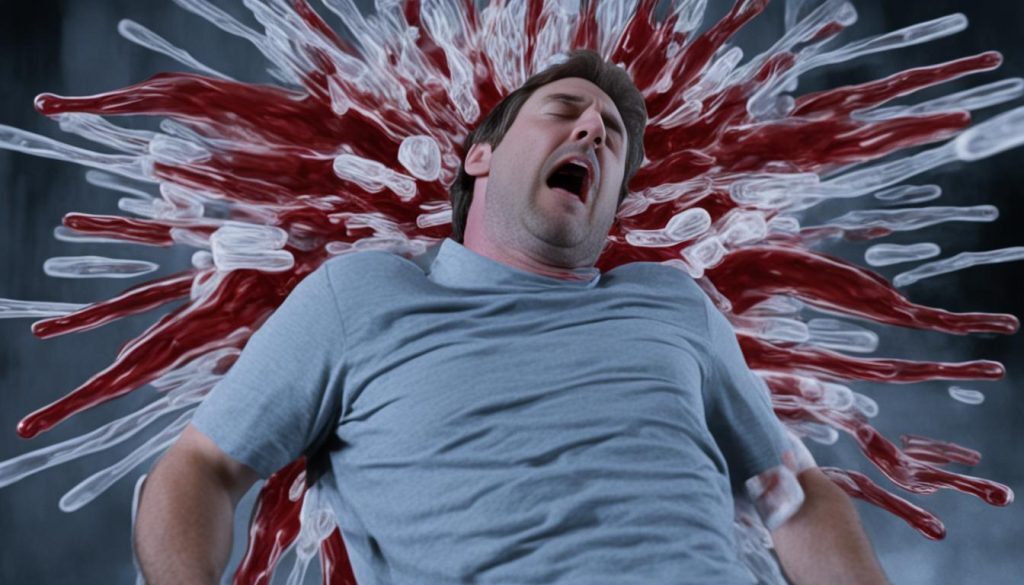
Impaired Driving Laws
Driving under the influence of alcohol or drugs is illegal and poses a significant risk to everyone on the road. In Alberta, the impaired driving laws are strictly enforced to ensure the safety of individuals and prevent accidents caused by impaired driving.
In Alberta, it is considered an offense to operate a motor vehicle with a blood alcohol concentration (BAC) of 0.08% or higher. This means that if you are caught driving with a BAC above the legal limit, you can face penalties and consequences.
The penalties for impaired driving in Alberta can include fines, license suspension, mandatory alcohol education programs, probation, and even jail time. The severity of the penalties can vary depending on the circumstances, such as previous convictions and the level of impairment.
It is important to understand that impaired driving laws are in place to protect everyone on the road. Driving under the influence not only puts your own life at risk but also jeopardizes the well-being of pedestrians, passengers, and other drivers.
To give you a better idea of the penalties involved, here is a summary of the impaired driving penalties in Alberta:
| Offense | Penalties |
|---|---|
| First offense |
|
| Second offense |
|
| Third offense |
|
As you can see, the penalties become progressively more severe for repeat offenders. It is crucial to understand that impaired driving can have life-altering consequences not only for the individuals involved but also for their families and communities.

Drive Sober. Arrive Alive.
Remember, the best way to avoid impaired driving charges and protect yourself and others is to refrain from operating a vehicle if you have consumed alcohol or drugs. If you plan on drinking, designate a sober driver, use a ride-sharing service, or take public transportation.
Reckless decisions can have lasting effects, both legally and emotionally. By obeying impaired driving laws, we can create safer roads and prevent unnecessary tragedies.
Alcohol Addiction and Dependency
Alcohol addiction, also known as alcoholism, is a serious condition characterized by regular and excessive drinking despite the knowledge of the associated risks. It goes beyond a mere preference for alcohol and involves both psychological and physical dependence on this substance. Alcohol addiction can have severe impacts on various aspects of an individual’s life, including relationships, work, and overall well-being. If you or someone you know is struggling with alcohol addiction, it is crucial to seek help and support to break free from this destructive cycle.
There are several signs that may indicate alcohol addiction, such as drinking more frequently than usual, keeping drinking habits a secret, developing an increased tolerance to alcohol, and prioritizing alcohol over other aspects of life. These behaviors can lead to significant health problems, impair decision-making abilities, and negatively affect personal and professional relationships.
If you recognize any of these signs in yourself or a loved one, it is essential to reach out for assistance. Overcoming alcohol addiction often requires professional help and a supportive network. There are various resources available, such as addiction counselors, support groups, and treatment programs, that can provide the guidance and tools needed to overcome alcohol dependency.
Treatment Options for Alcohol Addiction
When seeking treatment for alcohol addiction, it is crucial to consider individual circumstances and needs. Treatment options may include:
- Outpatient counseling: This involves regular counseling sessions with a qualified addiction counselor to address underlying issues contributing to alcohol addiction and develop coping strategies.
- Inpatient rehabilitation: In more severe cases, inpatient rehabilitation programs provide a structured environment where individuals receive intensive therapy, medical support, and learn skills for long-term recovery.
- Support groups: Joining support groups, such as Alcoholics Anonymous (AA), can provide a network of individuals who have faced or are facing similar challenges, offering understanding, guidance, and accountability.
- Medication-assisted treatment: In certain cases, medications may be prescribed to help manage alcohol cravings and withdrawal symptoms, as part of a comprehensive treatment plan.
Remember, recovery from alcohol addiction is a journey that requires commitment, patience, and ongoing support. By seeking help and taking the necessary steps towards recovery, individuals can regain control of their lives and achieve long-term sobriety.
| Treatment Option | Description |
|---|---|
| Outpatient counseling | Regular counseling sessions with an addiction counselor to address underlying issues and develop coping strategies. |
| Inpatient rehabilitation | A structured program in a residential setting providing intensive therapy, medical support, and life skills development. |
| Support groups | Joining groups like Alcoholics Anonymous for guidance, understanding, and accountability from individuals facing similar challenges. |
| Medication-assisted treatment | Prescribed medication to manage cravings and withdrawal symptoms as part of a comprehensive treatment plan. |
Laws and Consequences
When it comes to alcohol, it’s important to understand and abide by the laws in place. In Alberta, the use, sale, and supply of alcohol are regulated by the Gaming, Liquor, and Cannabis Act. It’s crucial to be aware of the alcohol laws in your province or territory to avoid legal consequences.
One significant alcohol law pertains to the legal drinking age. Individuals under the age of 18 are not allowed to possess, consume, or purchase alcohol. Selling or supplying alcohol to anyone below the legal drinking age is also strictly prohibited.
However, there is an exception to this rule. Parents or legal guardians are allowed to provide alcohol to their own underage children at home. This exception aims to promote responsible drinking within the family unit while ensuring the safety and well-being of underage individuals.
Breaking alcohol laws can lead to various consequences. The penalties for violating alcohol laws in Alberta may include fines, infringement fees, license suspension, and even potential jail time. It’s essential to understand the potential consequences and take steps to stay compliant with the law.
The Consequences of Breaking Alcohol Laws:
- Financial penalties, including fines and infringement fees
- License suspension, restricting your ability to drive
- Possible criminal charges, resulting in a permanent record
- Potential imprisonment, depending on the severity of the offense
By following alcohol laws and regulations, we can ensure the safe and responsible consumption of alcohol, promoting the well-being of individuals and communities. Let’s all do our part in fostering a culture of responsible drinking.
Drinking and Driving
Drinking and driving is a critical issue that jeopardizes the safety of everyone on the road. It is illegal in Canada to operate a vehicle with a blood alcohol concentration (BAC) of 0.08% or higher. The penalties for breaking drinking and driving laws are severe, including fines, license suspension, criminal charges, and even imprisonment. To protect yourself and others, it is crucial to make responsible choices and avoid getting behind the wheel if you have been drinking.
Driving under the influence of alcohol significantly impairs your judgment, coordination, and reaction time, making it dangerous not only for yourself but also for passengers and other road users. Alcohol impairs your ability to make quick decisions and react to unexpected situations, increasing the risk of accidents and injuries.
Instead of drinking and driving, there are alternative options to consider. Designate a sober driver in your group or use ride-sharing services, taxis, or public transportation to get home safely. If you are attending an event where alcohol will be served, plan ahead and arrange for a sober ride or accommodation. It’s essential to prioritize your safety and the safety of others on the road.
By making responsible choices and avoiding drinking and driving, you can help prevent accidents, injuries, and even fatalities caused by alcohol-impaired driving. Remember, there are always better alternatives than risking your life and the lives of others. Choose responsible consumption and make a positive impact on road safety.
The Dangers of Drinking and Driving
Drinking and driving poses several dangers:
- Impaired judgment and reduced reaction time
- Decreased coordination and control of the vehicle
- Inability to concentrate and stay focused on the road
- Increased risk of accidents and injuries
- Potential harm to yourself, passengers, and other road users
It’s important to be aware of these dangers and take the necessary steps to prevent drinking and driving.
| Penalties for Drinking and Driving | Blood Alcohol Concentration (BAC) |
|---|---|
| Fines | 0.05% to 0.08% |
| License Suspension | 0.05% to 0.08% |
| Criminal Charges | 0.08% or higher |
| Possible Imprisonment | 0.08% or higher |
Seeking Help and Support
If you or someone you know is struggling with alcohol addiction, it is important to reach out for help and support. Acknowledging the issue and talking openly about it with trusted individuals can be the first step towards recovery.
You can start by confiding in your parents, legal guardians, friends, teachers, counselors, or healthcare professionals. Their guidance, understanding, and support can make a significant difference in your journey to overcome alcohol addiction.
If you are a young person facing addiction or drug-related issues, consider reaching out to Kids Help Phone. They offer anonymous phone counseling, providing a safe space to talk about your struggles and receive guidance from trained professionals.
For adults concerned about a youth’s addiction, offering support and suggesting professional help is crucial. Inform them about the available resources, treatment options, and support groups in your area. Encourage them to seek help and reassure them that they are not alone in this journey.
Remember, seeking help is a courageous step towards a healthier, happier life. There are resources and support systems available to assist you in overcoming alcohol addiction. Reach out, and embark on your path to recovery today.

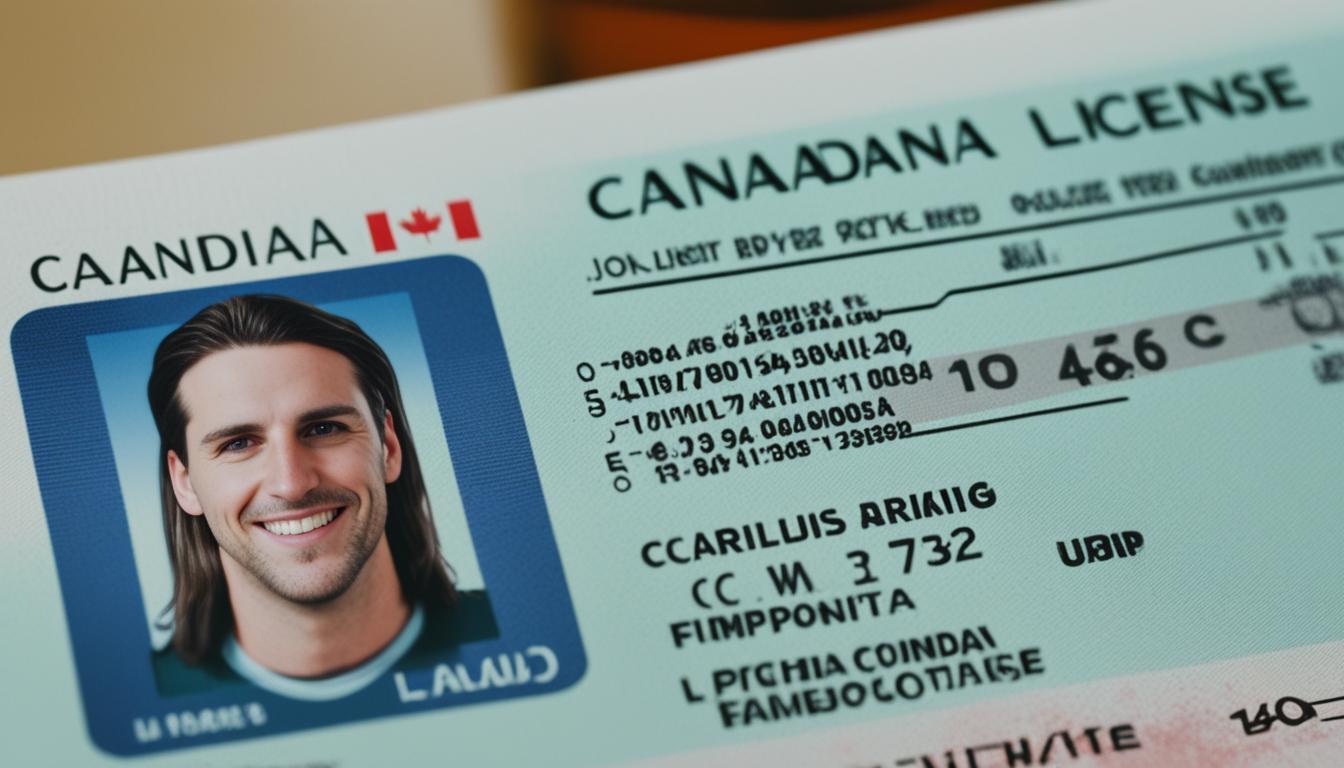

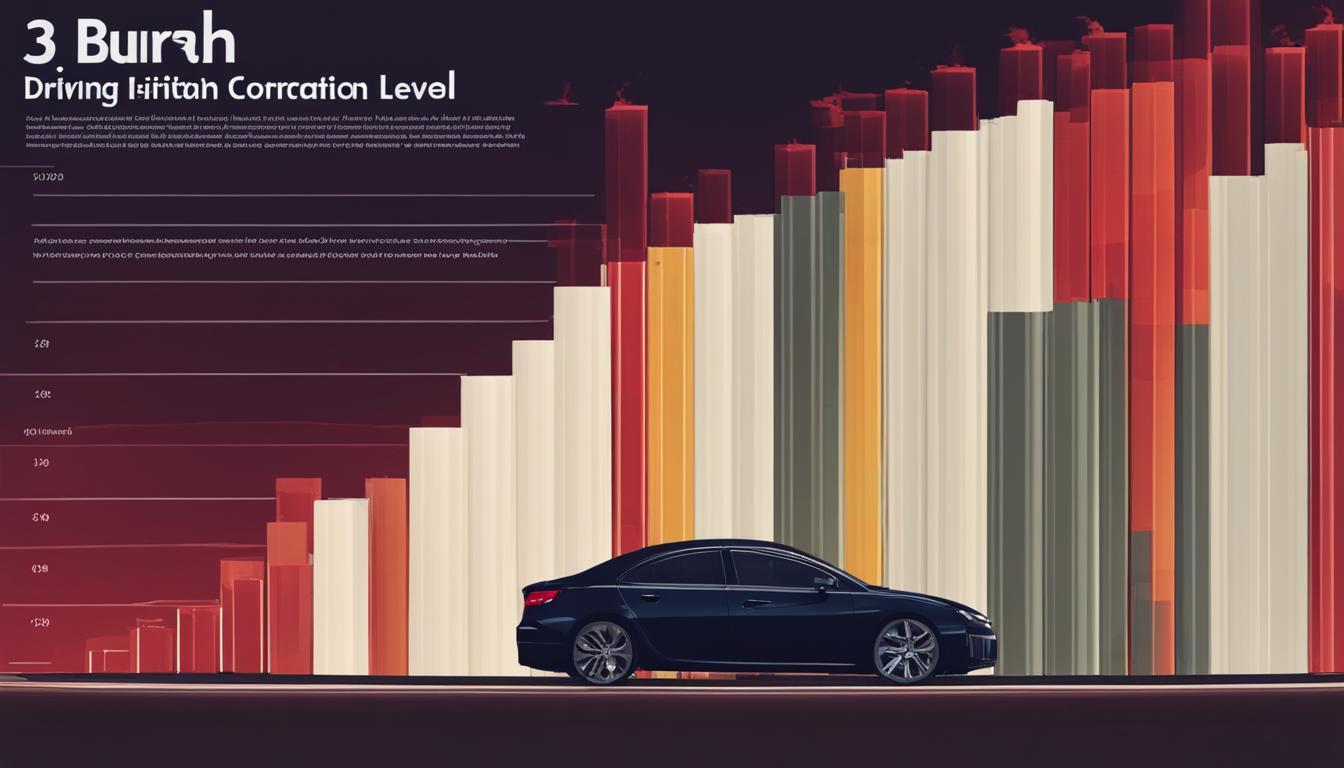
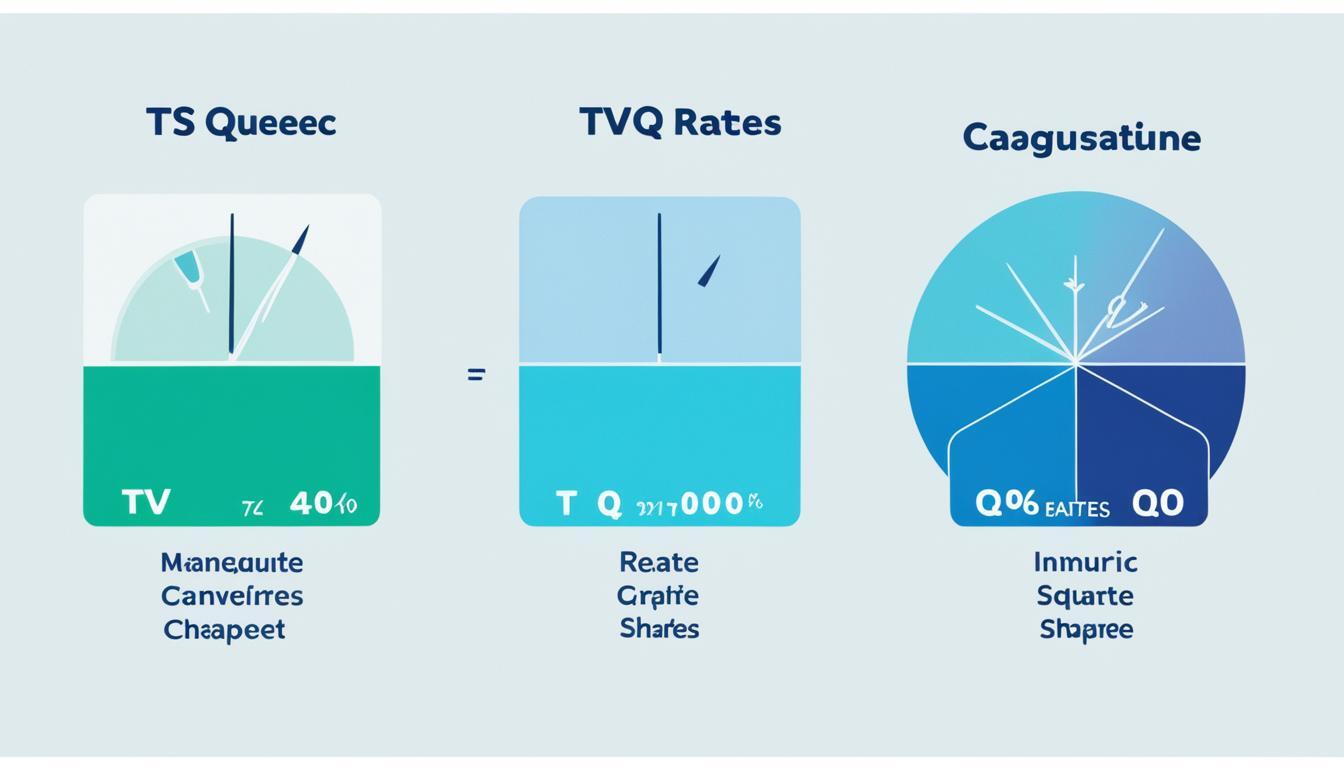
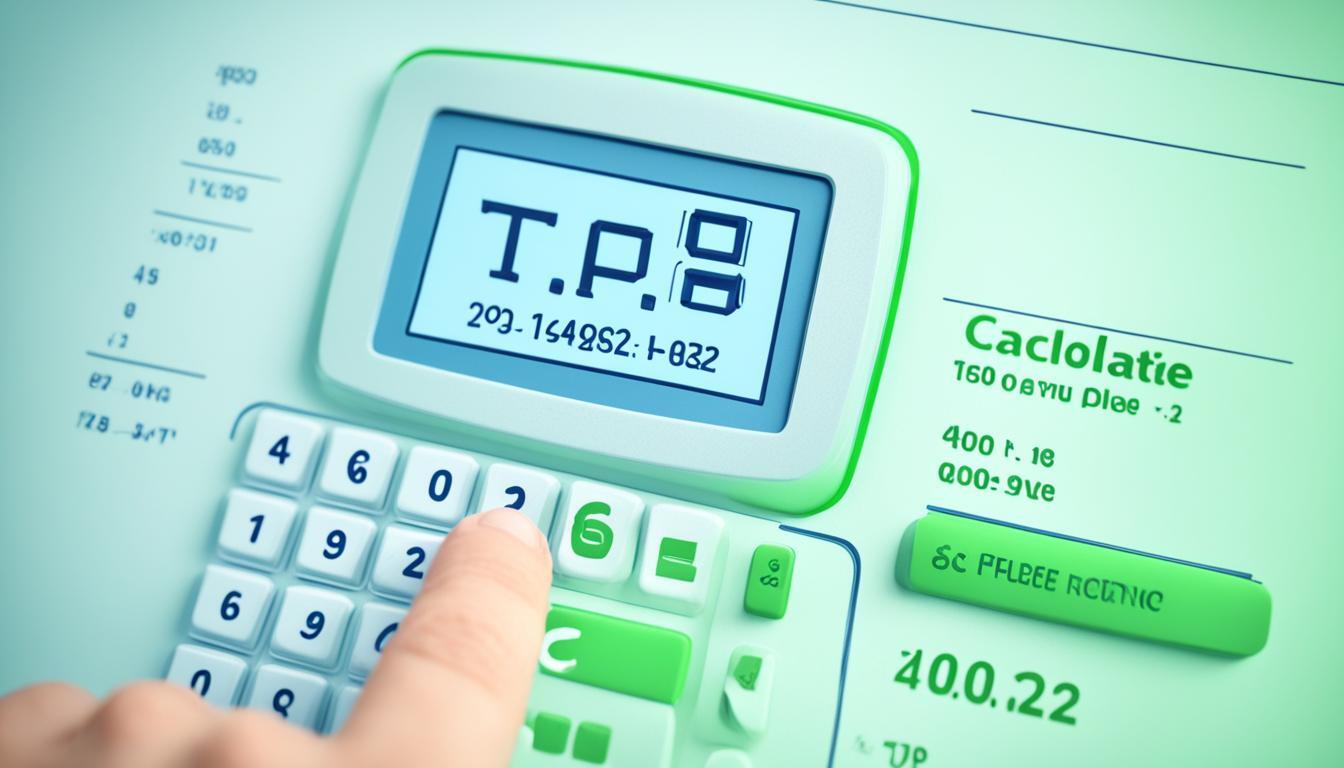

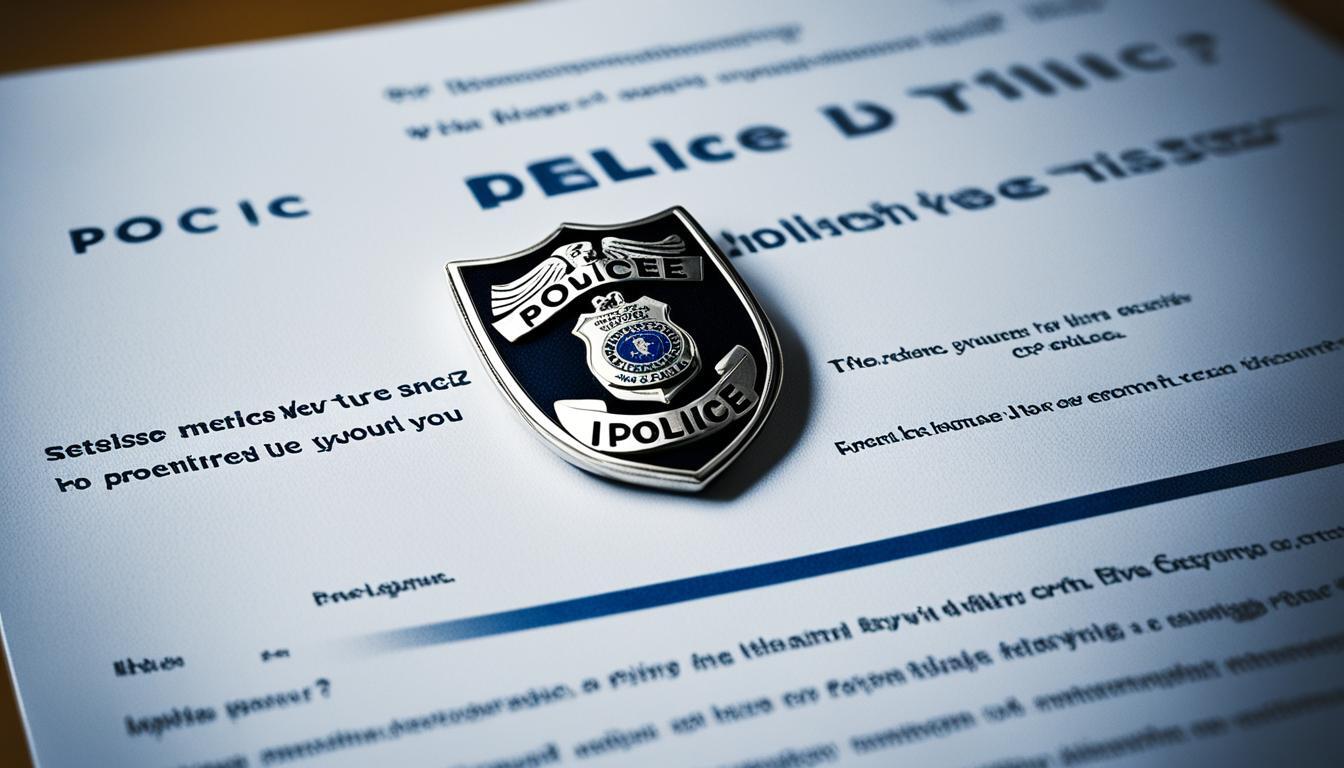












Post Comment Cancel reply